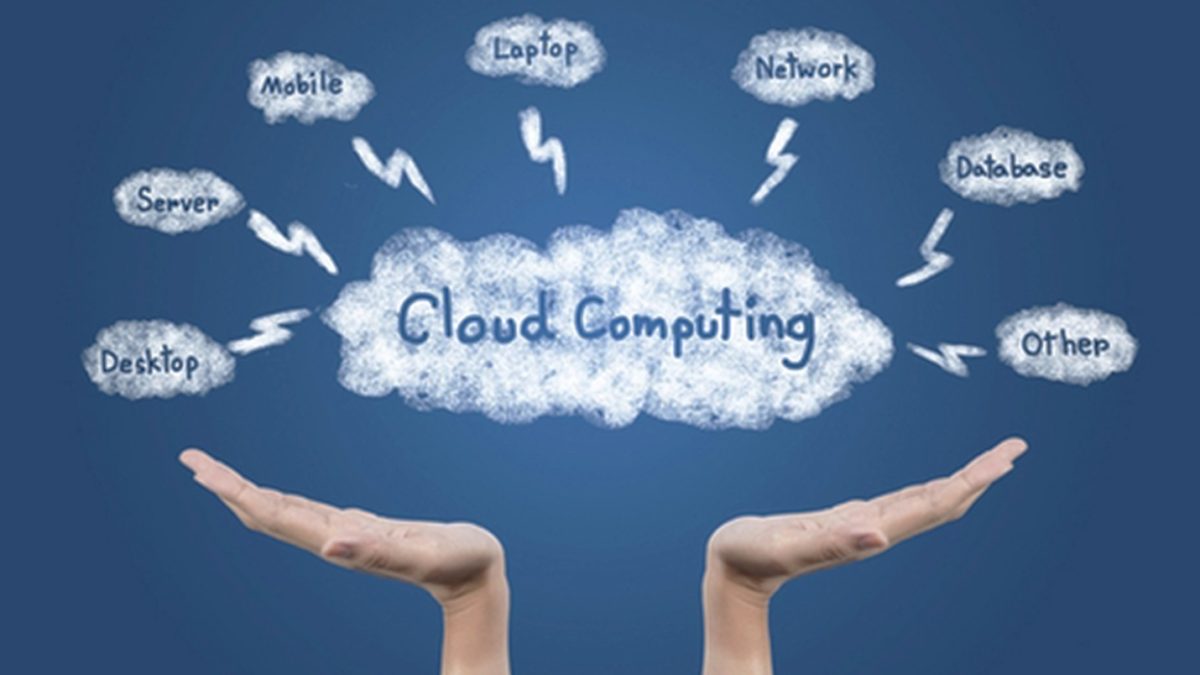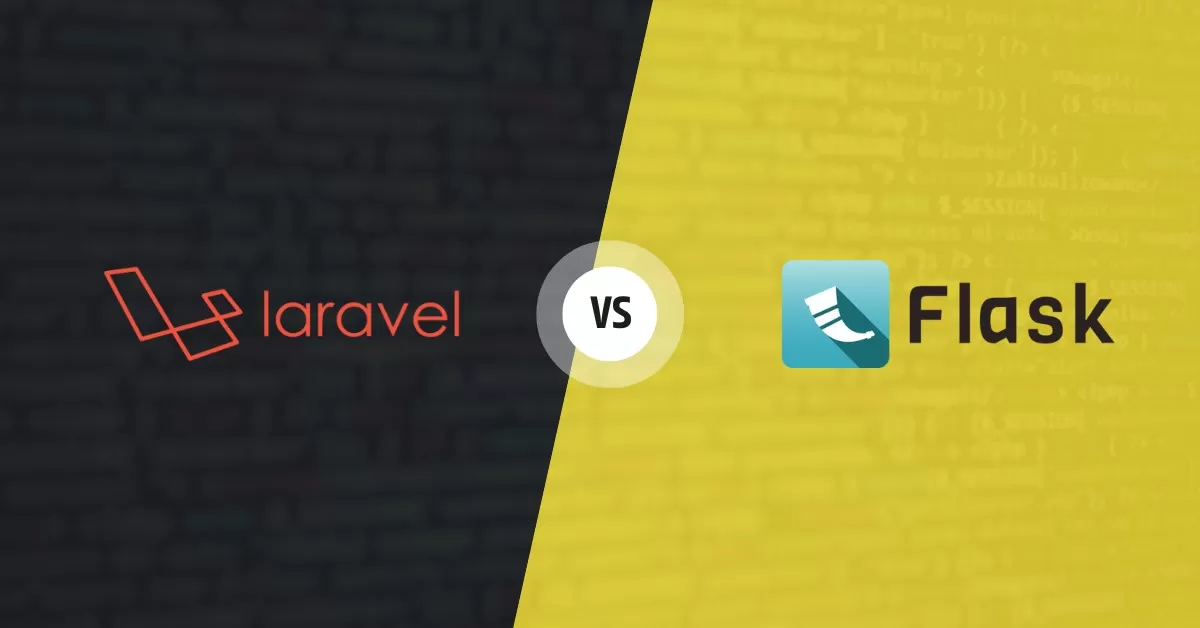CLOUD COMPUTING – A ROADMAP TO SUCCESS IN COMPUTATIONS

4 min read | By Admin | 05 January 2017 | Technology
The latest from our editors
Join over 150,000+ subscribers who get our best digital insights, strategies and tips delivered straight to their inbox.



Comments are closed.